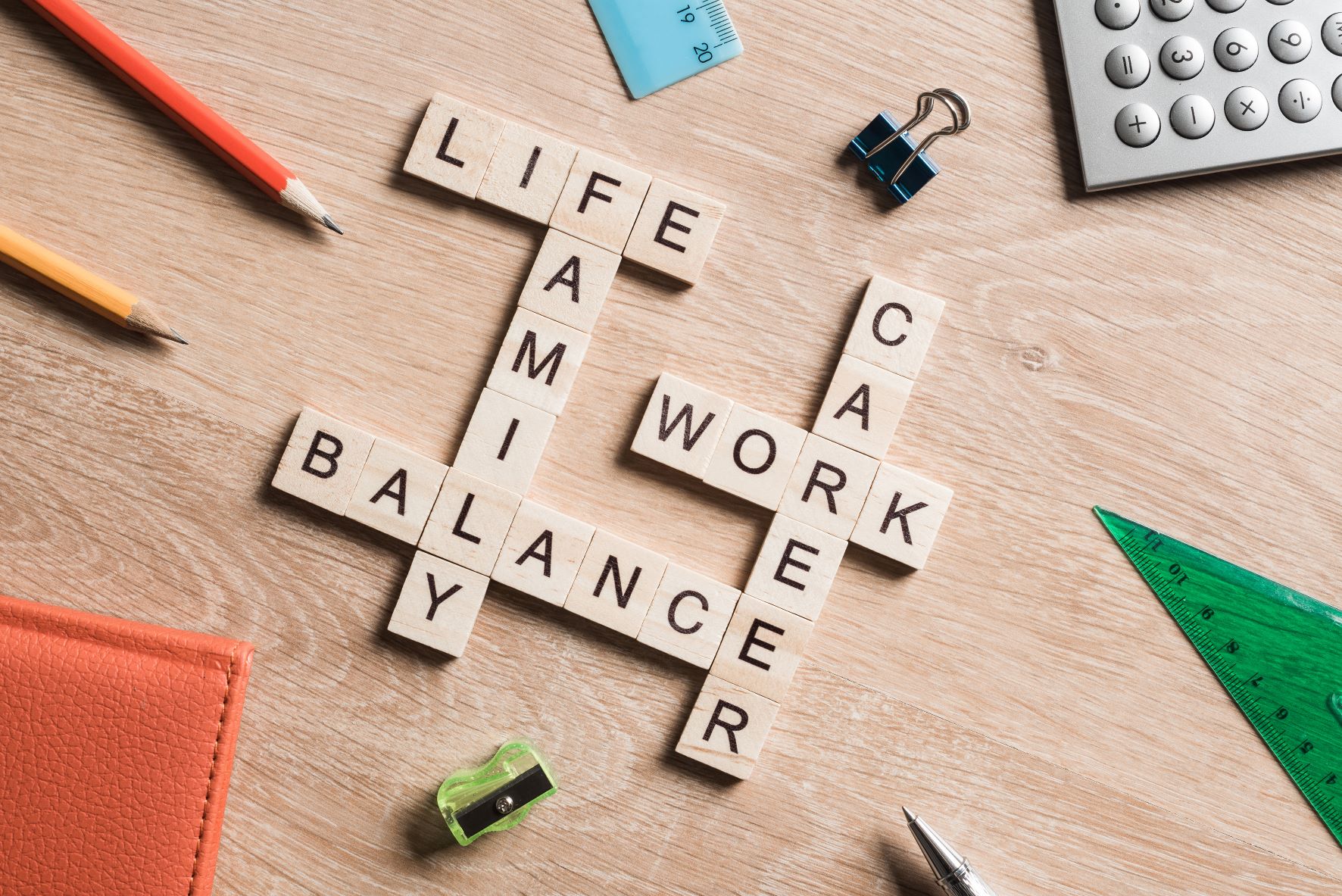There are no doubts about the benefits of children participating in sports and extracurricular activities. Studies show that the physical activity inherent in sports improves cardiovascular and muscular function and overall mental health.
According to researchers Post, Rivera, Dos, et al. (2022), the exercise children receive through sports can increase general mental health and psychological stability and combat “stress, depression, anxiety, tension, confusion, anger, rumination, loneliness, and neuroticism.” Additionally, time outside can be shown to increase vigor and vitality.
While sports offer myriad benefits, extracurricular clubs and activities are also great for kids.
Kids’ Involvement by the Numbers
Census.gov reported on children’s involvement in extracurricular activities by sex and poverty levels from 1998 to 2020 in their project titled A Child’s Day: Historical Tables and Figures. They found that children and adolescents experienced positive outcomes from such activities, including increased academic performance, a more favorable school perspective, and academic aspirations.
In their study, Census.gov reported that in 2020 44% of boys participated in sports-related activities, while about 35% of girls did. In terms of club participation, Census.gov reports that 29% of girls and 24% of boys participated in clubs in 2020. They also found that girls participated more in music, dance, language, or other lessons than their male counterparts, with 37% of girls and 27% of boys taking lessons.
Balance Matters
With so many kids participating in lessons, activities, and sports, many parents feel more like chauffeurs than active members of their children’s lives. They are aching for balance in their lives and living on a never-ending racecourse that spans the distance between work and home life.
With a strong family foundation, achieving a balance allows for relationships between parents and their sports-involved children is possible. Experts agree that regularly scheduled family times such as a game night, movie night, or family meal night can lead to refreshed connections that lay a strong framework for children to feel supported and heard.
Parents who prioritize family and are invested in their children’s success work hard to achieve balance – it doesn’t occur automatically, as many of us know all too well.
But, when a parent learns to say no to some engagements, recognize when a mental health day is due, and take steps to maintain their mental and physical health, they are in a better position to care for their children and make those lasting connections.
For more information on creating balance, contact us here.
References
Kanning, M., Do, B., Mason, T.B. et al. (2020) Doing exercise or sport together with one’s child is positively associated with mothers’ momentary affect in daily life, but not with higher levels of overall physical activity. BMC Public Health 20, 715. https://doi.org/10.1186/s12889-020-08864-6
Post, E.G., Rivera, M.J., Doss, D. et al. (2022) Parent decision-making regarding youth sport participation during the COVID-19 pandemic. J Community Health 47, 687–696. https://doi.org/10.1007/s10900-022-01078-4
United States Census Bureau. (2022) Children Continue to be More Involved in Some Extracurricular Activities. https://www.census.gov/library/stories/2022/07/children-continue-to-be-involved-in-extracurricular-activities.html





